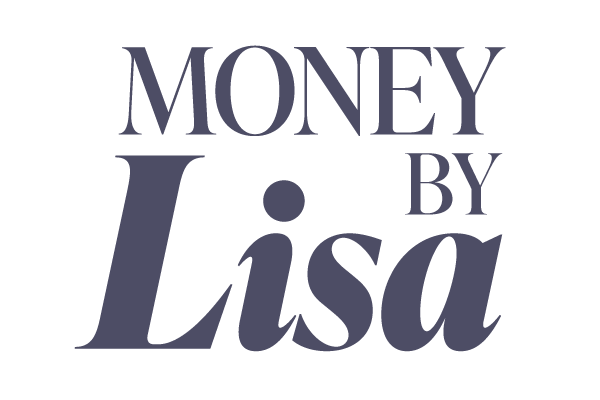Control Freak
If there is any kind of recurring theme on this blog, it’s “control.” I am all about taking agency over your financial affairs — however gnarly they may be — and putting yourself in charge of decision-making. So, of course, I leaped for joy when I came across this academic treatise on my most favorite aspect of personal finance. (We all like to have our preconceived notions validated, don’t we?)
The starting point is what the authors from the Sustainability and Health Initiative (SHINE) at Harvard University call “financial locus of control.” They define this as having “the perception of personal control over financial affairs.” Skipping right to the punch line, in their research, they found that having this sense of financial control improves a person’s emotional and physical well-being. People reporting higher levels of financial control slept better and reported fewer days of poor physical health. Moreover, this positive (“protective”) effect exceeded the negative impact on well-being of being financially fragile. The authors also approvingly cite earlier research that describes the positive link between financial knowledge and better money management.
Let’s be clear – this is not to say that you can think your way out of a financial jam. But their research findings do suggest (as the authors write) “that direct financial aid provided to people to help them escape the financial fragility trap may not be as effective as equipping them with financial knowledge and increasing their financial control.” That is, if by “effective” we mean creating a holistic sense of wellness.
Somewhere, someone is gnashing their teeth, ready to pounce on me for suggesting that the “fault” lies with the struggling individual, that we can financial-literacy our way out of systemic inequality. Absolutely no.
But the SHINE paper does support the larger body of research on happiness that has consistently found that the more agency you feel over your circumstances, the happier you are. We see this in the World Happiness Report, in which one of the six metrics is “freedom to make life choices.”
Returning to those with more prosaic financial concerns – paying off heavy debt, for example – a good starting point for wellness is to ask, “What do I want to happen? How do I want to address this problem?” Research and understand, deeply, all of your options and the consequences of different courses of action. More pointedly, don’t let creditors dictate the terms of your larger financial life; you are more than your credit card balance. Saving for the future while repaying debt, even very modestly and even if it delays the ultimate payoff date, is a powerful way to exert command over your situation. Being a control freak isn’t always such a bad thing.
I often hashtag “financial wellness” in my social media posts; I am thinking now I might just say #wellness.
(Hey, I’d love to be in touch with you regularly. My free newsletter contains this blog, as well as other articles by myself and others. Please consider subscribing by visiting the MoneyByLisa home page.)
